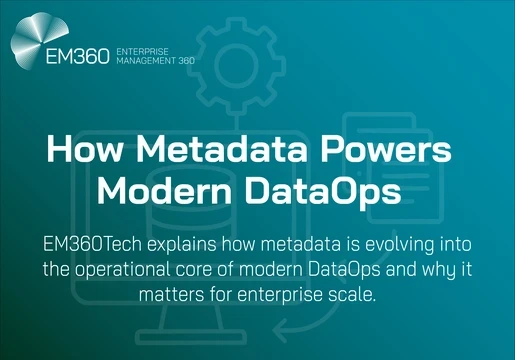Following the Cambridge Analytica scandal, more organisations are beginning to outline ethical frameworks for data mining. Nevertheless, it is evident that not all analytics teams are using data in an ethical manner.

Using data in an ethical manner
At the 2019 Pacific Northwest BI & Analytics Summit, consultant Donald Farmer led a roundtable discussion on ethical data use. According to TechTarget, Farmer warned that ignoring data ethics is not good business practice.
Farmer also insisted that IT and analytics teams require an ethical framework, which management should put into place. If not, an organisation runs the risk of mining and using data in an ethically contentious manner.
Last August, think tank Institute of the Future and the Tech and Society Solutions Lab partnered with the Tech and Society Solutions Lab to create the world’s first ethical toolkit for technologists. The Ethical Operating System, or Ethical OS, attempts to prevent the potential devastating effects that technology can create.
In effect, Ethical OS aims to bridge the gap between researchers who study tech’s societal impact and powerful technology companies. While this is theoretically sound, it is dubious as to whether the biggest tech companies will comply with subjective ethical boundaries.
The importance of ethical data
As recent research notes, 50% consumers are willing to pay a premium for interacting with companies they trust. Indeed, 57% said that they would stop doing business with an organisation they believe has broken their trust by using personal data irresponsibly.
Moreover, 37% said that they would proceed to take legal action against such an organisation. With this in mind, it is evident that using data in an ethical manner is both morally and financially beneficial.
By implementing considerate and agile data governance, tech companies can therefore gain a strategic advantage. A "Return on Trust" is becoming an incredibly important performance indicator, while companies that knowingly misinform or mislead customers increasingly risk self-extinction.







Comments ( 0 )